Experts stress the importance of strengthening AI initiatives with an approach that places human beings at the center of the development and evolution of this trend.
Photo: Phxere
In this second decade of the 21st century, we are facing the challenges potentially implied by the development of Artificial Intelligence (AI) and automation, including the performance of repetitive activities, which could mean the loss of jobs for people who currently do this type of work in the different productive sectors (Lee y Li, Wired 2018). Expert AI leaders stress the importance of strengthening initiatives in this branch of computer science with an approach that places human beings at the center of the development and evolution of this trend. They therefore consider that it is important to emphasize the accomplishment of a broad, diverse participation by people who can influence the development of AI and its impact on the world.
In this sense, diversity encompasses experts in the technological facet of AI and the world’s policymakers, as well as the integration of women and underrepresented minorities, which is important for innovation and creativity in any setting. Incorporating the value that diversity provides will generate an environment of justice, a critical vision and a “moral compass” for the future of AI (Lee y Li, Wired 2018). Silicon Valley technology investor Scott Hartley, who has worked for companies such as Google and Facebook, says that the contribution of the humanities is essential for technologies to fulfill their purpose of improving life (Paniagua, 2018).
According to Harari (2018), although computer systems and intelligent processes have helped us to understand human behavior and map our activities, these systems do not yet have the capacity to understand the complexity of human life. Moreover, the global warming crisis, ocean pollution and the rise of extremist ideologies have intensified. These issues demand a level of cooperation that goes beyond national borders, as well as individuals who will affirm their humanity. Years ago, when the world’s States were concerned about the development of their own regions, this was a purely local interest. Nowadays, we are required to see ourselves as part of a global community in which any of our actions will affect everyone. The boundaries in which borders delimited particular interests have faded and, as time goes by, solving problems related to the planet and human life should concern and engage everyone. In the current context, learning to be human does not only involve thinking about oneself, but also about others, integrating the logic of achieving the common good through joint efforts, and leaving aside reductionist, individual and egocentric visions.
>
“Learning to be human is not only thinking about oneself but also about the other, integrating the logic of common good and leaving aside the reductionist and egocentric visions.”
Over the years, philosophy and the different disciplines have asked a fundamental question: What does it mean to be human? That is, what makes us different from other entities in the reality that concerns us? Is being human merely a physical, social or simply philosophical problem? Readdressing these questions in diverse forums is relevant in this day and age as their importance and complexity must be recognized in the contemporary world. This can be achieved through scientific and technological advances, such as AI and automation; socio-cultural phenomena, such as gender issues addressed by thinkers like Judith Butler; the field of contemporary aesthetics and the issue of the impermanent, temporal or universal; or even the relationship with other living beings, such as the dehumanized and objectified animal abuse articulated by George Steiner.
In this context, the role of universities in preparing humanistic professionals is vital, since the ideas and, therefore, the concept constructed of the world will allow us to visualize the universe from a human and not just mechanistic or instrumental perspective. Consequently, reflecting on what learning to be human means is well worthwhile.
-
Be part of a community. We have the moral duty to contribute to the society in which we live and work, in order to make the world we want a reality (Onfray, 2006). Our actions can bring us closer to or distance us from others.
-
Educate feelings. Learn to be compassionate and caring. The foundation of ethics is the capacity to be able to empathize with other human beings. Acknowledge that we form part of a society and our actions carry implications. A fair action contributes to world peace. On the other hand, corruption and dishonesty affect everyone.
-
Prioritize people in decision making. Stop technology and the logic of production and alienating consumption from governing critical thinking and the sensibility of others as humans. Affirm the infinite value of each human being.
-
Learn to listen and solve differences of opinion through dialogue. Accept that conflict is part of human life and can enhance our knowledge of the other person’s perspective. Conflict opens the door to change.
-
Value human gender diversity. Difference of opinions, religions, appearance, etc. form part of the human condition. There is no standard human. Differences enrich us and offer paths to the solution of daily problems.
-
Know how to be in a relationship. Recognize that the basis of a relationship is mutual respect, cultivate trust, affirm mutual dependence and the need to address the other’s needs. Nobody can stand alone, we need love and the company of others. It means caring about and accompanying our neighbor, friend, brother or sister. Abandon the logic of accumulation and concentrate on building a relationship (Esquirol, 2015).
-
Striving towards a more inclusive world. Recognize that since functional diversity exists, we should strive towards equality. Not seeing the disabled as them, separate from us, but recognize them as part of an “us”.
-
Recognize animals as sentient beings that we must protect from suffering. In the 21st century, animal rights emerged strongly as part of the other. We affirm our humanity when we defend the weakest and those without a voice.
-
Include remote cultures that were hidden for a very long time in the current global kaleidoscope. With technological advancements, the world has shrunk, favoring the exchange of peoples’ diversity of world views.
-
Be a better person every day, achieving personal excellence. Start by knowing our own talents in order to develop them and be the best version of ourselves. Develop the qualities we admire. Our daily actions shape our habits, which, in turn, shape our character.
>
“We must prevent technology and the logic of alienating production and consumption from ruling over critical thinking and human empathy.”
We should learn to be universally human, while showing consideration for each person’s distinctive features and needs. Helping to build the world in which we want to live is our moral duty. Global problems need local answers.
We can review in our daily tasks whether we have consciously integrated the aforementioned ideas into our lives, thus allowing us to learn to become increasingly human. Let’s prioritize in our relationships others’ wellbeing and quality of life and each person’s development, reducing the importance acquired by technological and instrumental resources as ends in themselves, rather than the means for a good life.
About the author
Manuel de Jesús Gómez Candiani (mgomez@itesm.mx) is director of Technology, Art and Design at Tec High School, Campus Cumbres.
References
Esquirol J. (2015). La resistencia íntima: ensayo de una filosofía de la proximidad. Acantilado: Barcelona
Harari, Y. (2018). 21 lecciones para el siglo XXI. Debate: México
Onfray, M. (2006). La fuerza de existir. Anagrama: Barcelona
Paniagua, E. (2018). “Robotización: “Las humanidades nos salvarán de perder el empleo”, dice este experto”.
This article from Observatory of the Institute for the Future of Education may be shared under the terms of the license CC BY-NC-SA 4.0 
)
)
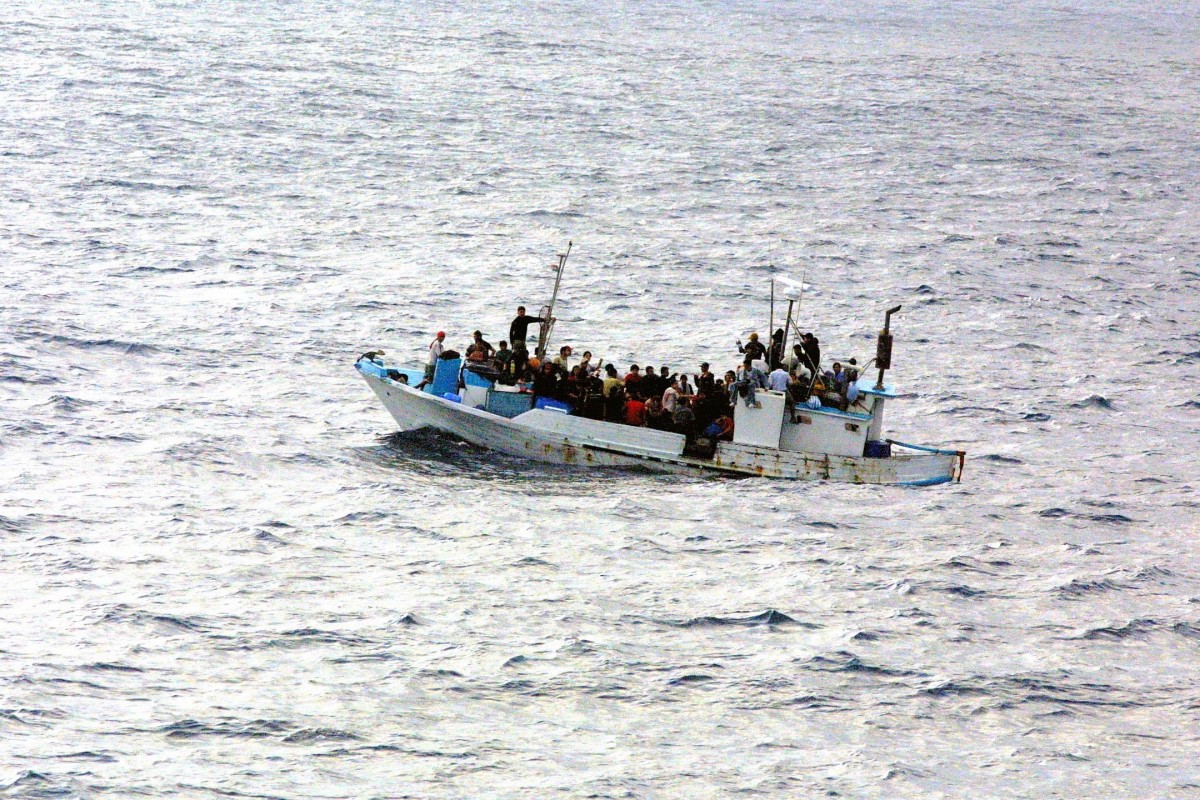


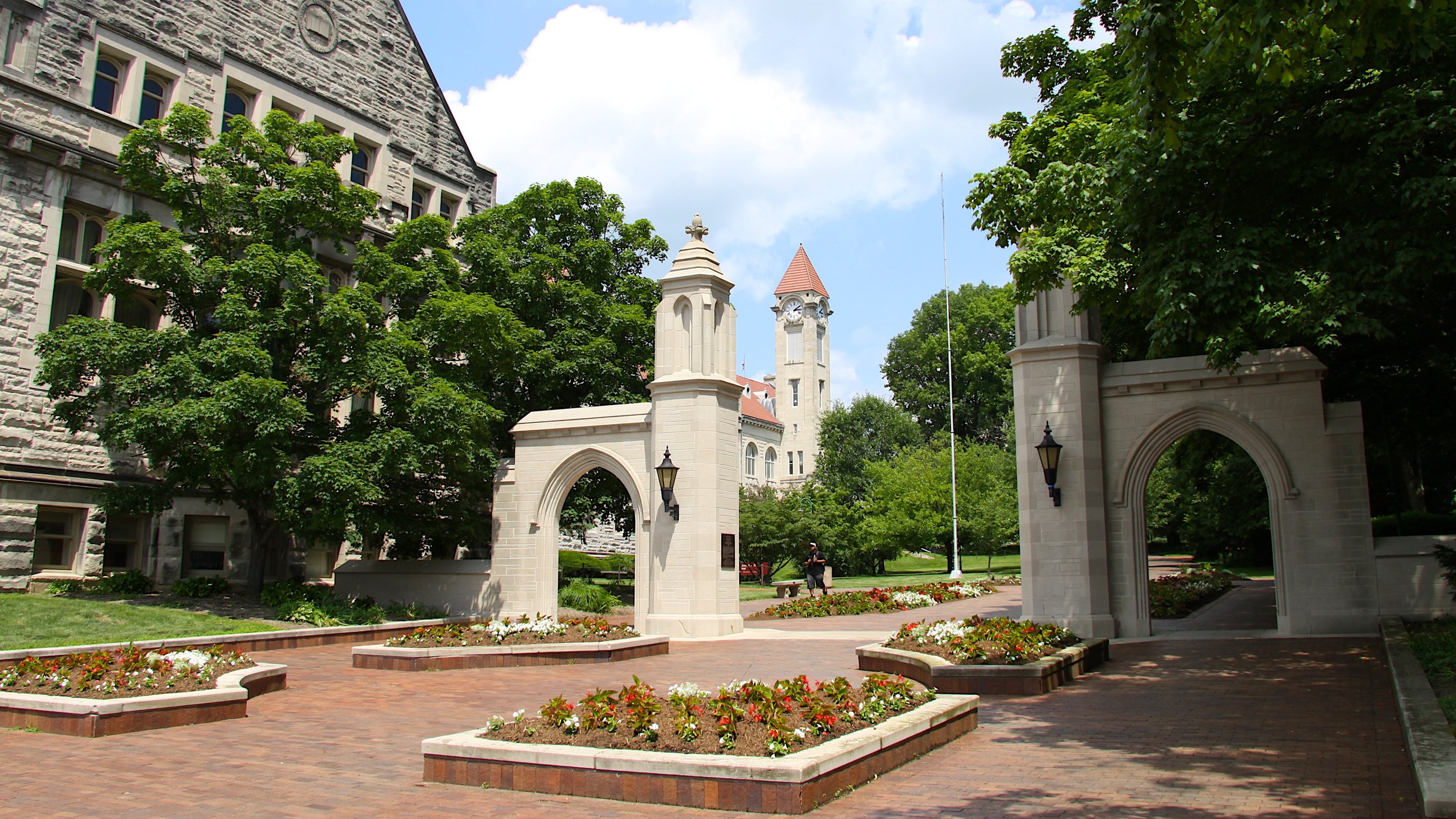
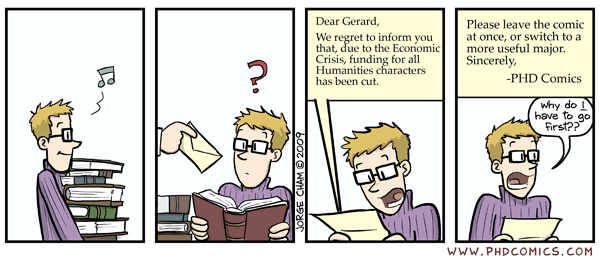
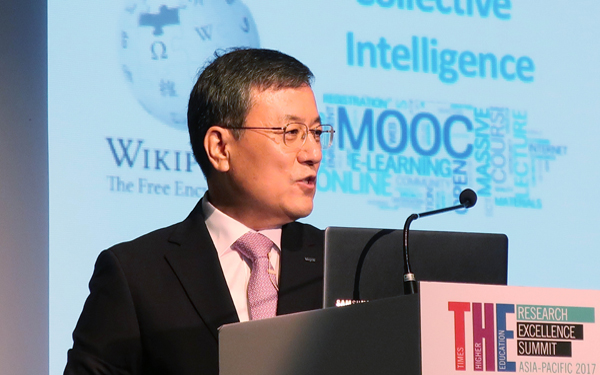
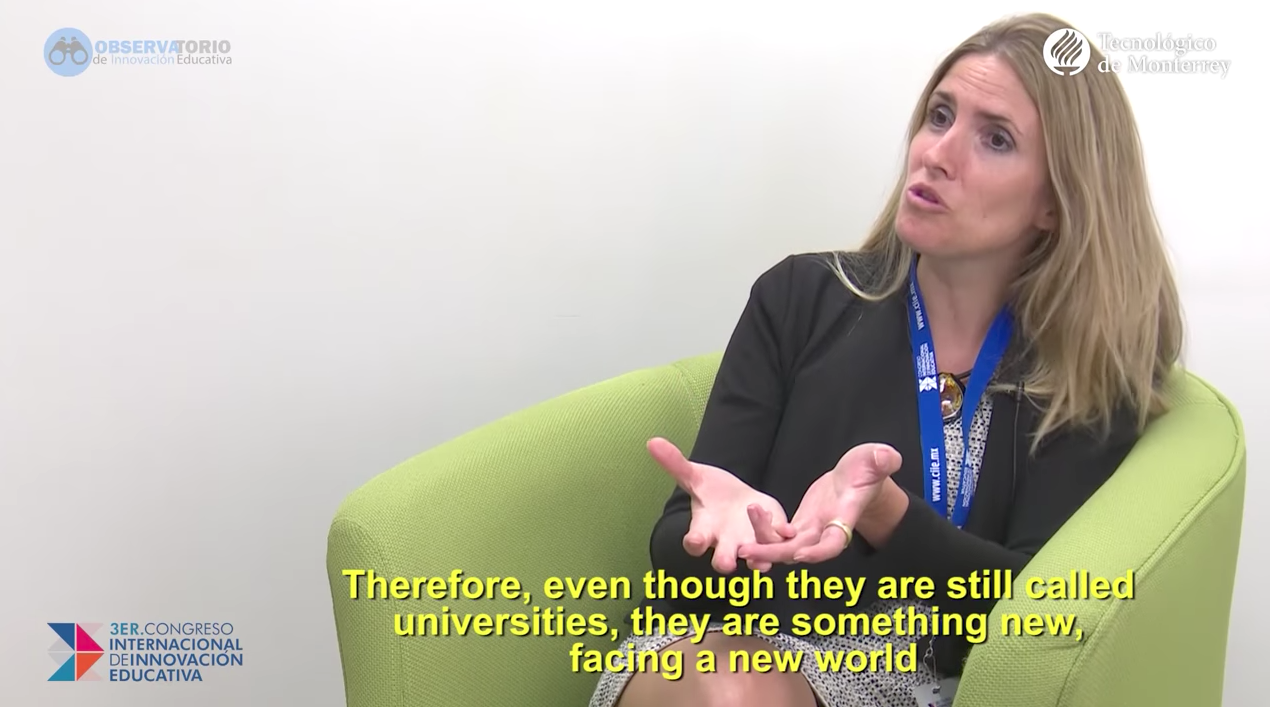
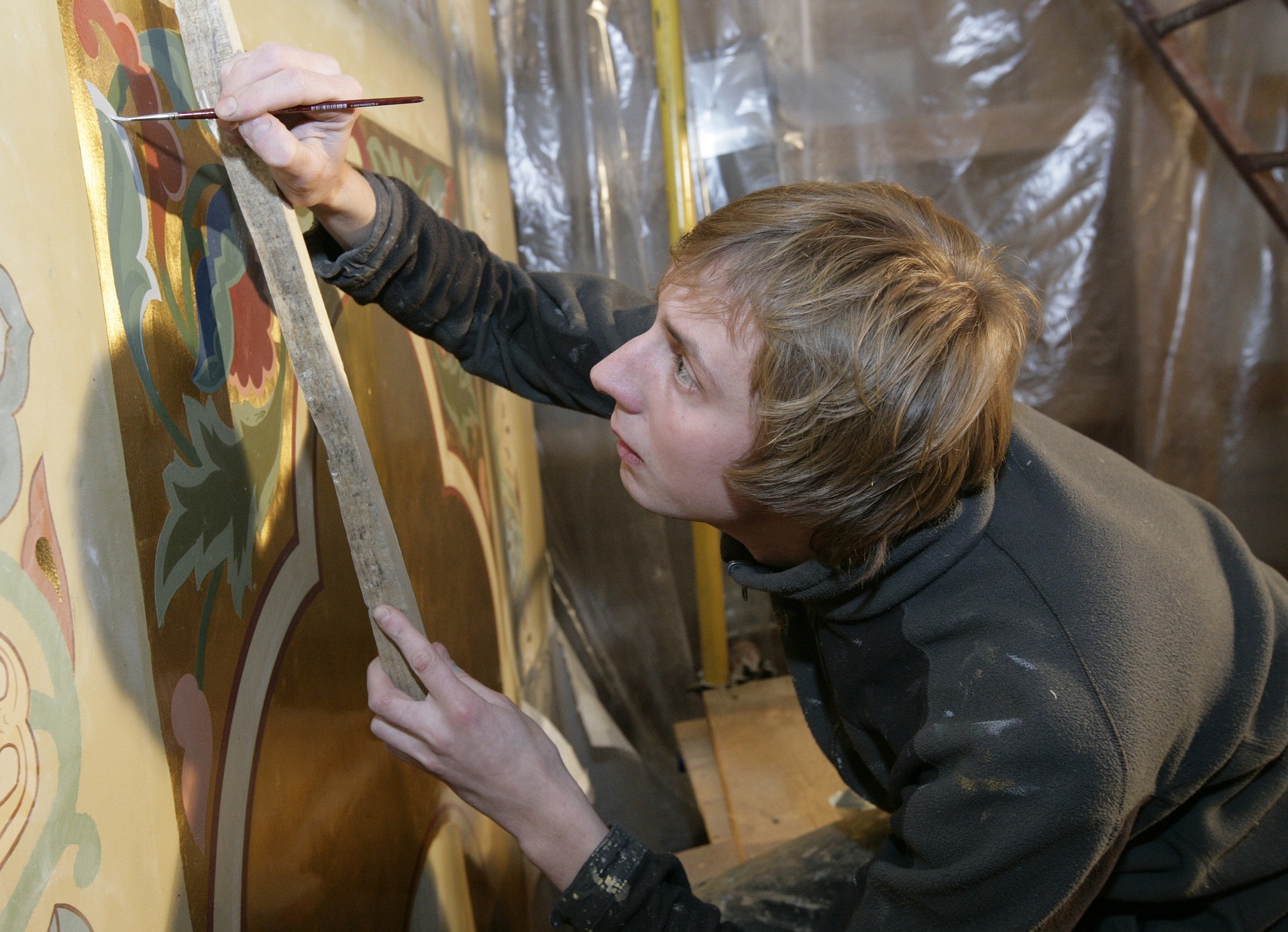
)
Karina Fuerte
Karina Fuerte
Karina Fuerte